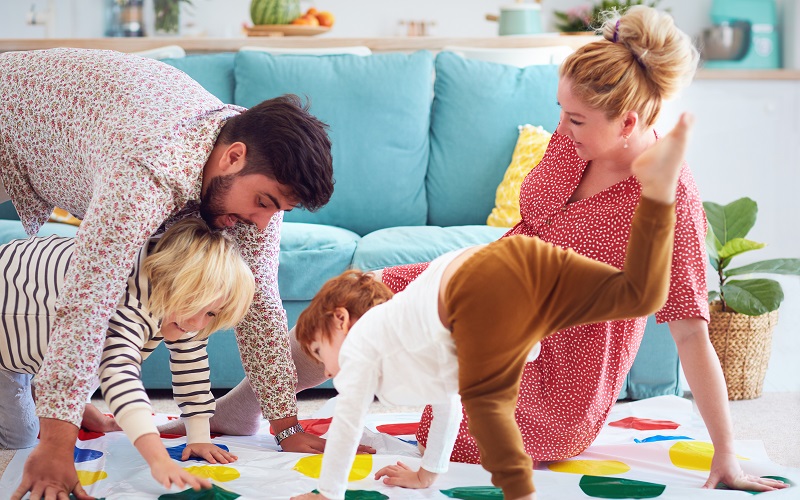
Carving out a slice of your day for fun might seem like a waste of time. After all, we need to meet deadlines at work. We need to care for our families. There is so much work to do. Aren’t adults meant to be serious people who believe play is unproductive? We played as kids, and created so much with our minds, but our egos have grown up. We are more self-conscious in this adult phase of life.
Now, imagine playing for a moment. You are not focused on meeting objectives. Time gradually becomes irrelevant. Play is imaginative. There are no rules bounding you to a specific protocol. Johan Huizinga, a Dutch cultural historian, wrote in his book Homo Ludens: “Play is a free activity standing quite consciously outside ‘ordinary’ life as being ‘not serious,’ but at the same time absorbing the player intensely and utterly.” The rules of play are simple: have fun!
During this time when we’re living in a world compressed with anxiety due to the COVID-19 pandemic, play is more important than ever. This pandemic seems to warp the definition of time. Every day feels similar. The weeks blend together. Months begin to pile on top of each other. Preserving our mental health needs to be a priority. That’s where play enters the equation.
Escaping into your own world though play is a gift toward your well-being.
“One way to think about play is an action you do that brings you a significant amount of joy without offering a specific result,” said Jeff Harry, a positive play coach who works with businesses, schools and organizations to use applied positive psychology in day-to-day routines. “A lot of us do everything hoping for a result. It’s always: ‘What am I getting out of this?’ Play has no result.” (Jeff was featured in a recent New York Times article.)
What can be considered play in the real-world setting? Many people exercise to see results, for instance. But what if you threw that mentality out the window and rode a bike around your neighborhood because it’s fun? This activity would not be labeled with the term exercise because you’re not trying to lose pounds or burn calories. You are just focused on having fun and exploring your surroundings.
In the never-ending list of adulthood tasks, when livelihoods are at stake and we continue battling against this pandemic, play might be low or forgotten on our priority list. However, play offers a respite from the uncertainly unfolding around us. Make time to connect with your inner child. Here’s how to do it:
- Decide what fun means for you and your lifestyle. Everyone has their own interpretation. Consider these four definitions of play, according to a study on adult playfulness.
- Other-directed play refers to playing with other people.
- Lighthearted play means not taking the activity too seriously.
- Intellectual play focuses on thoughts and ideas.
- Whimsical play means doing odd or unusual things in day-to-day life.
- Schedule some fun time for yourself, whether that means taking 10 minutes out of your day to do a crossword puzzle in the morning or shaping your eggs and bacon breakfast into a smiling face. Don’t worry about what other people might say. This is time devoted to you.
- Borrow from your memories. Think back to your days as a child — what playtime activities did you enjoy? If you loved Play-Doh, consider taking a pottery-making class, either on Zoom or in person. If you loved playing sports, pass the football or baseball with a friend. Transfer those childhood activities into adult-friendly versions.
Engaging in playful, spontaneous activities excites your imagination. You are limitless when playtime arrives. Play fosters innovation, which leads to improved productivity in the workplace. Stimulate your brain. Engage with your senses. Have fun!

